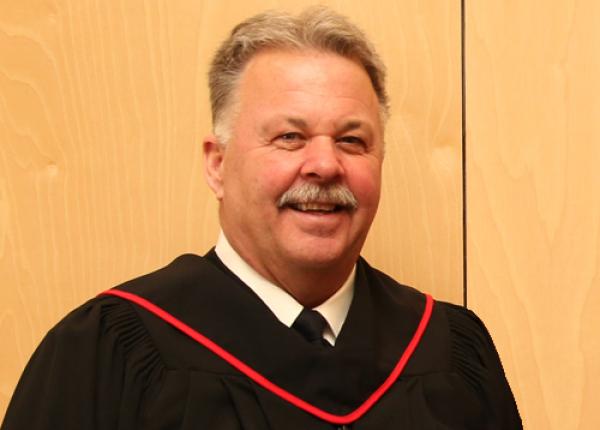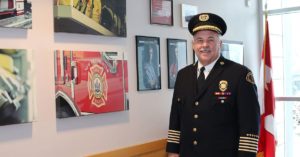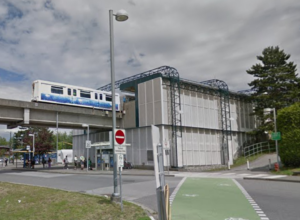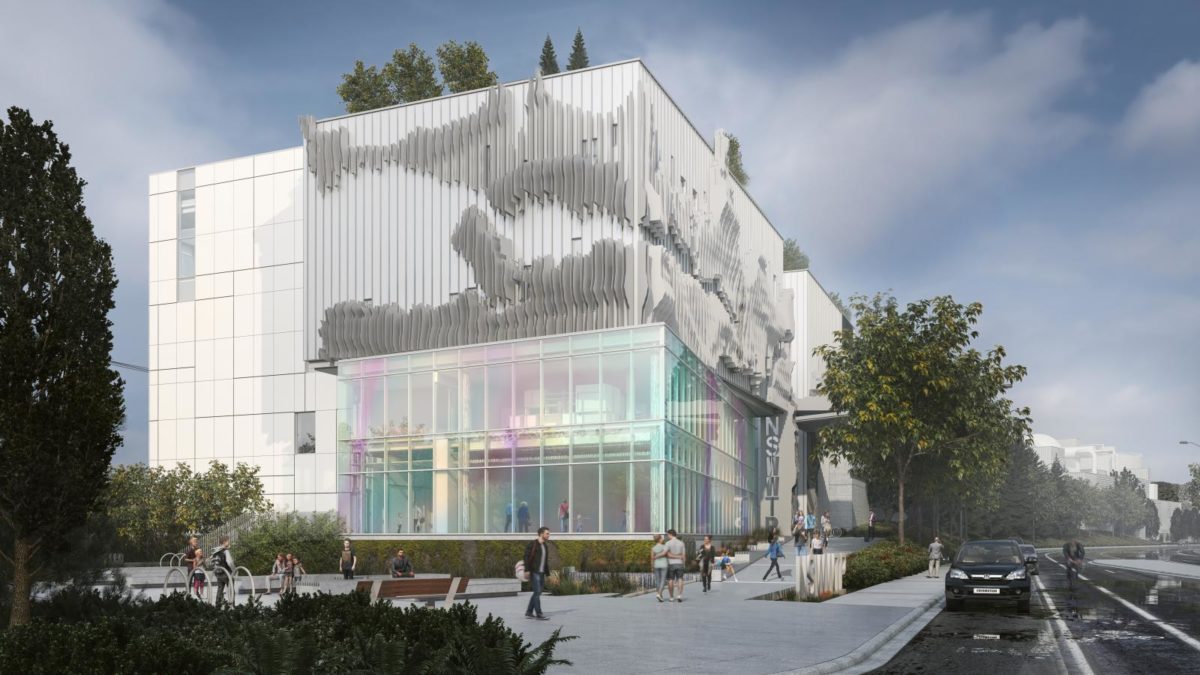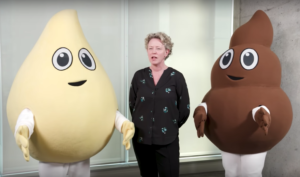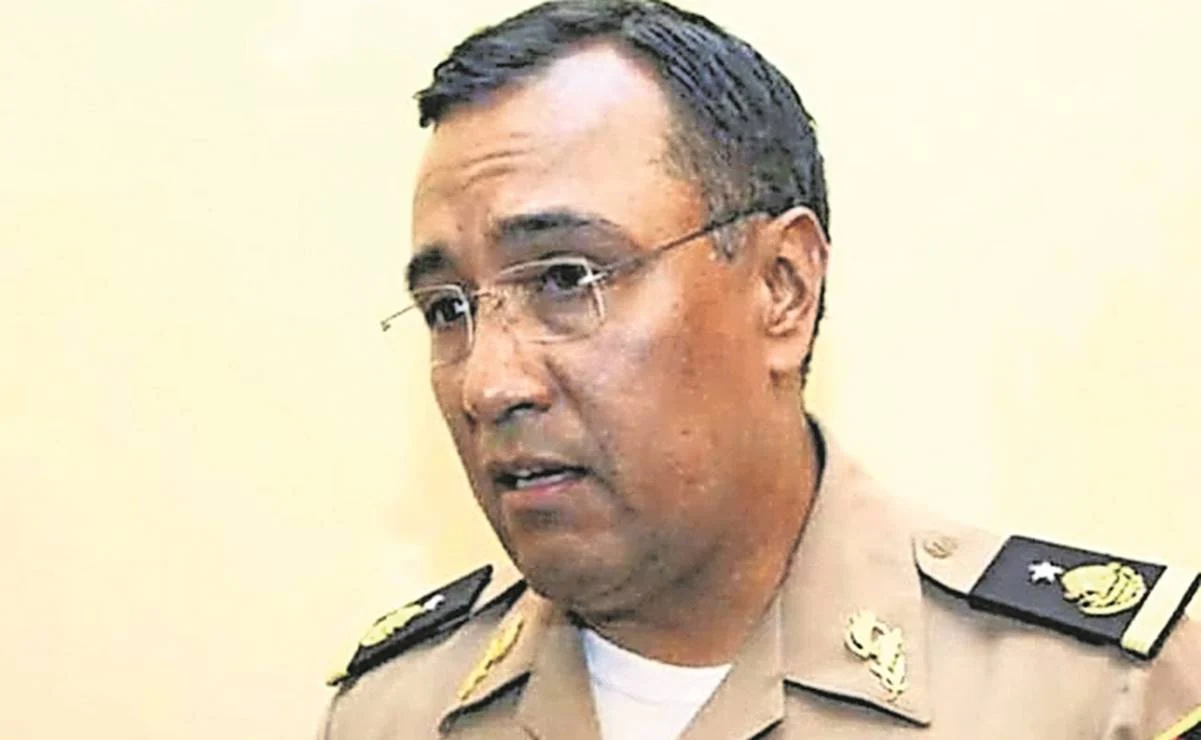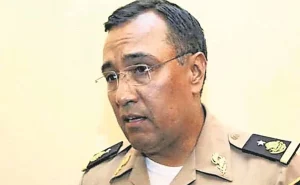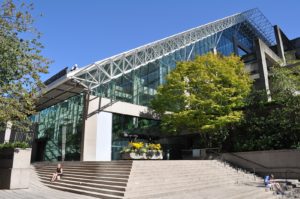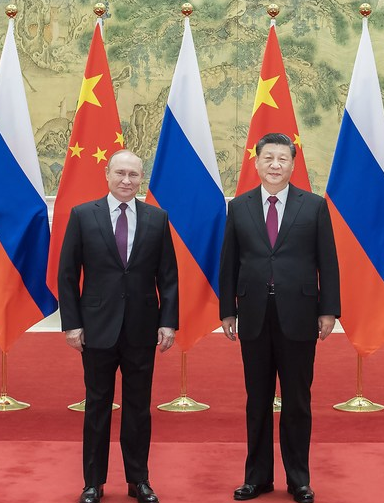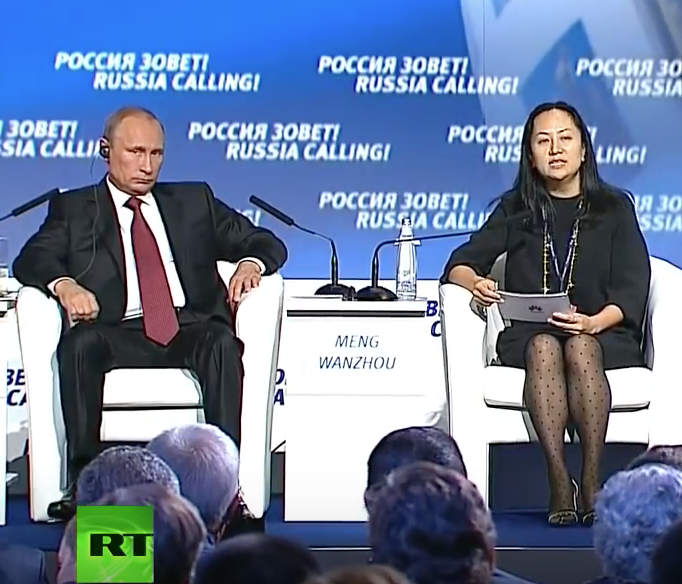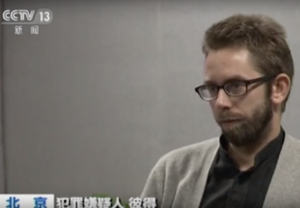“March Madness,” B.C. NDP style
Bob Mackin
If you think you’re seeing more NDP government advertisements than usual, your eyes aren’t deceiving you.
There are four campaigns running via central government ministries. Four Crown corporations are also competing for attention on TV, radio and the web. It’s part of the perennial trend to exhaust budgets before the March 31 fiscal year-end, for fear of a reduced allocation in the next 12 months.

From the B.C. NDP government’s StrongerBC ad campaign (BC Gov/Now Communications)
The flagship is StrongerBC “Taking Care,” promoting the 2022 provincial budget and the related training and investment economic plan.
“Those investments include shortening surgical wait times, training people to fill high-demand jobs of the future, fighting climate change and reducing childcare fees for parents,” said a statement from the Ministry of Finance, which includes the government’s $28 million-a-year communications department.
The March 7-launched campaign is scheduled through March 31, with an approved budget of $1.8 million.
It is also spending $2.35 million on the three-phase CleanBC Better Homes campaign, $1.52 million to promote the WorkBC job listings website, and $500,000 for BC Parks licence plates.
BC Hydro’s February to April conservation and heat pump campaign is costing $1.525 million through media buyer iProspect and agency Rethink. B.C. Securities Commission is spending $1.13 million of its $1.3 million quarterly budget on ads running in February (RRSP deadline month) and March (fraud prevention month). Wasserman and Citizen Relations were picked through an advertised tender process, said BCSC spokeswoman Elise Palmer.

From the B.C. NDP government’s StrongerBC ad campaign (BC Gov/Now Communications)
Destination BC and B.C. Lottery Corporation, however, both refused to comment on their contractors and ad budgets. BCLC told a reporter to file a freedom of information request to find out about the gambling monopoly’s animated brand campaign.
The Canadian Taxpayers Federation says governments should only spend ad money to communicate to the public about emergencies.
“Not whatever they decide to declare an emergency for political purposes or whatnot — but an emergency like flood or a fire, obviously, immunization, all that stuff, that’s fair,” said B.C. director Kris Sims. “But if they’re pushing, like their latest fads, or promoting their own budget, which basically is like a big hug to the government, that’s it, that’s a waste of taxpayers money.”
Sims said the licence plate sales are especially wasteful, because ICBC is a monopoly.
In January, the government said it sold 300,000 of the nature scene licence plates over five years, netting $20 million for the program to benefit provincial parks. It will need to sell more than 10,000 of the $50 plates to break-even on the current ad campaign. BC Parks gets a $20 cut and the government $18. It costs $7 to manufacture, ship and handle each plate and brokers get a $5 commission.
The Ministry of Finance said Advertising Standards Canada “independently determined” that the government ad campaigns meet non-partisan criteria.
While the government’s media buyer is iProspect, part of the Japanese giant Dentsu, the creative contractors are definitely not non-partisan.
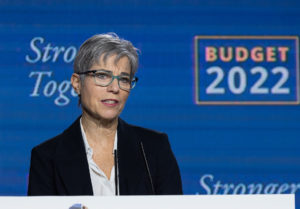
NDP finance minister Selina Robinson on Feb. 22, 2022 (BC Gov)
Now Communications and Captus Advertising are behind the StrongerBC campaign.
Now was formed by members of Mike Harcourt’s 1991 campaign team. It billed the party $1.78 million for work on Premier John Horgan’s 2020 re-election campaign. Multicultural specialist Captus received $498,787 for its work on the 2020 NDP campaign.
BC Parks licence plate ad shop Point Blank Creative billed the party $108,959.13 for 2020 campaign work.
Normally, government procurement rules require open, public tendering for contracts $75,000 and up. Agencies that work for government ministries are chosen from a preferred suppliers list created by NDP-appointed political aides.
In a November 2015 interview, then-opposition leader Horgan slammed the BC Liberals for “padding the pockets of their political pals” when the government hired party-aligned ad agencies.
“They spend countless dollars, time and energy withholding information that the public asks for, but when the public’s not looking for information they’ve got mountains of money to spend, to bury us in self-congratulatory promotion,” Horgan said at the time.
In February’s budget, the NDP forecast $13.3 billion in deficits through 2025 and a $125.7 billion debt by 2025.
Support theBreaker.news for as low as $2 a month on Patreon. Find out how. Click here.
Bob Mackin If you think you’re seeing more






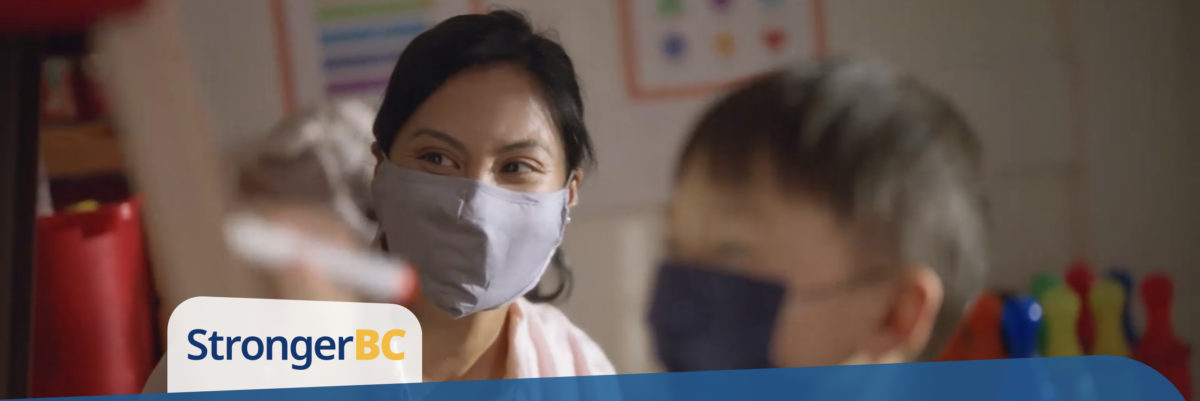



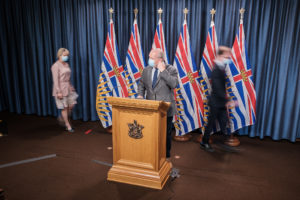


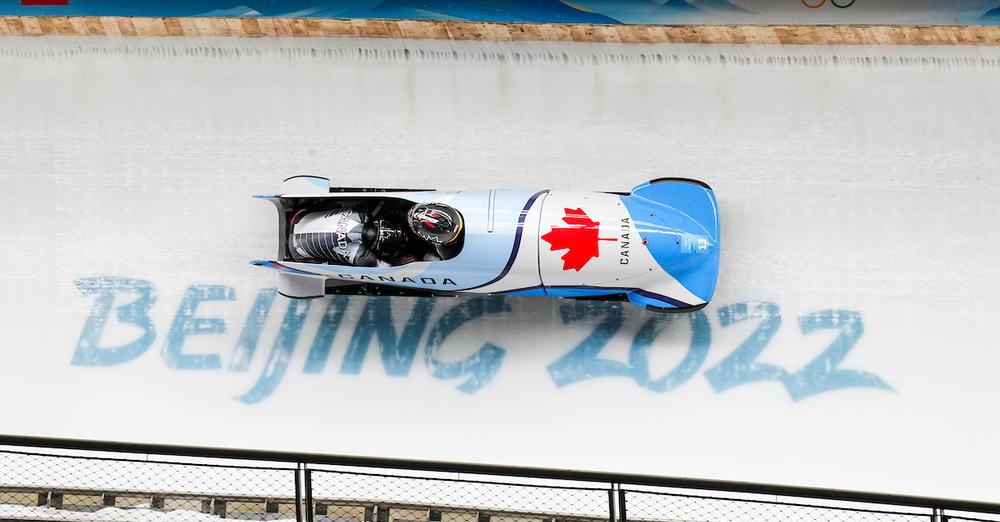
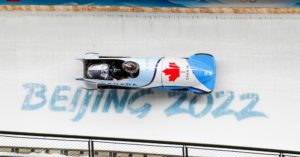
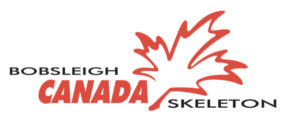 It said that BCS blames lack of funding for the systemic problems, but the athletes allege “gross mismanagement, poor planning, inefficiency, and cronyism.” BCS, they say, “should not be able to hide behind the lack of funding as justification for the environment and culture that it has created.”
It said that BCS blames lack of funding for the systemic problems, but the athletes allege “gross mismanagement, poor planning, inefficiency, and cronyism.” BCS, they say, “should not be able to hide behind the lack of funding as justification for the environment and culture that it has created.”